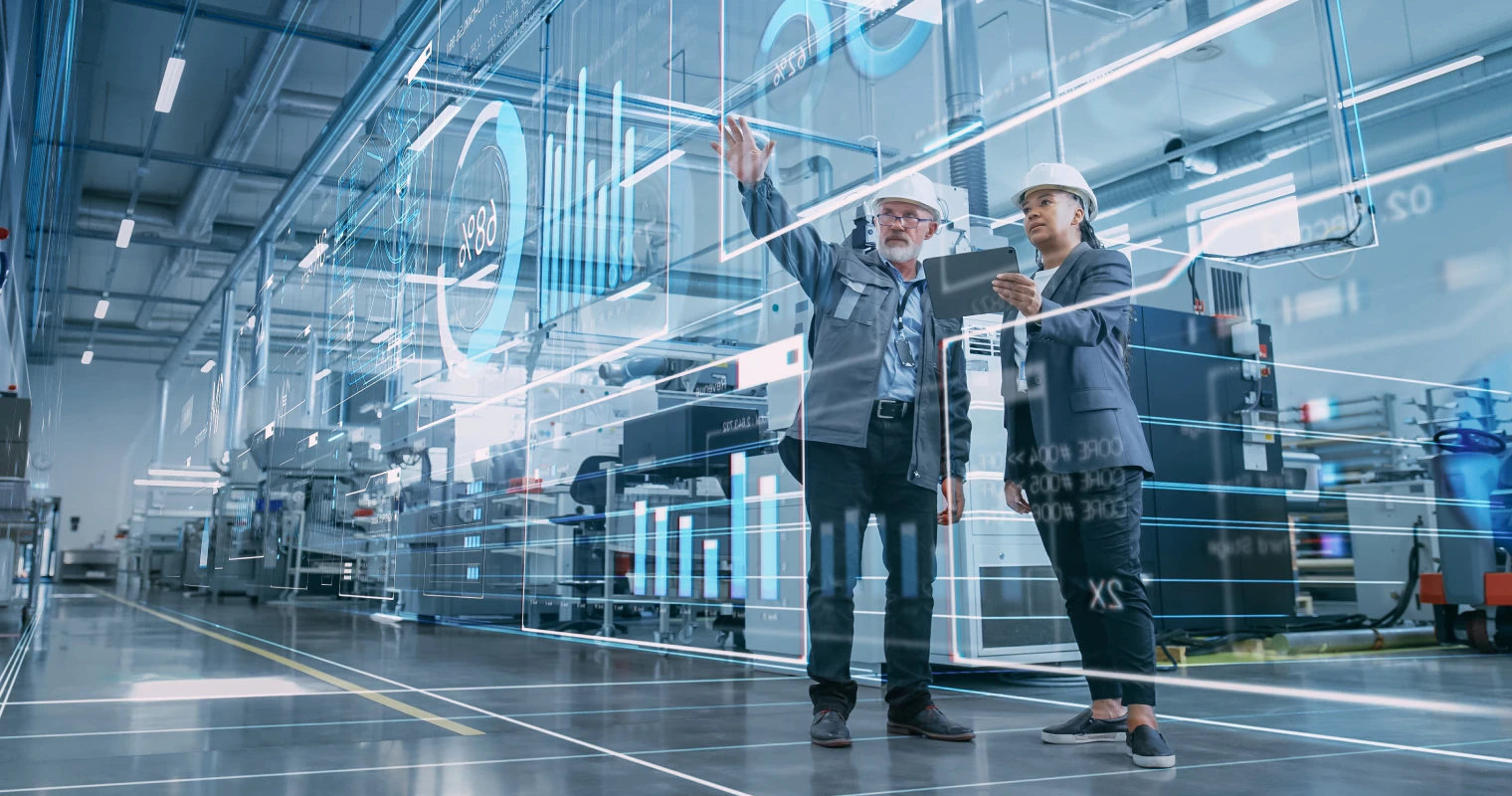As global demand for industrial spaces grows, assembly line real estate has emerged as a crucial asset for manufacturers across a variety of industries. These specialized facilities cater to businesses requiring efficient production lines and adaptable layouts. Whether you’re looking for an assembly line facility for sale,a manufacturing facility for lease, or a turnkey assembly line property, the market offers numerous opportunities tailored to different business needs.
What is Assembly Line Real Estate?
Assembly line real estate consists of industrial properties designed to support streamlined manufacturing processes. These spaces are ideal for industries like automotive, electronics, food processing, and heavy machinery. With specialized features such as conveyor belt systems, high-capacity utilities, and ample floor space, these properties maximize productivity for manufacturing operations.
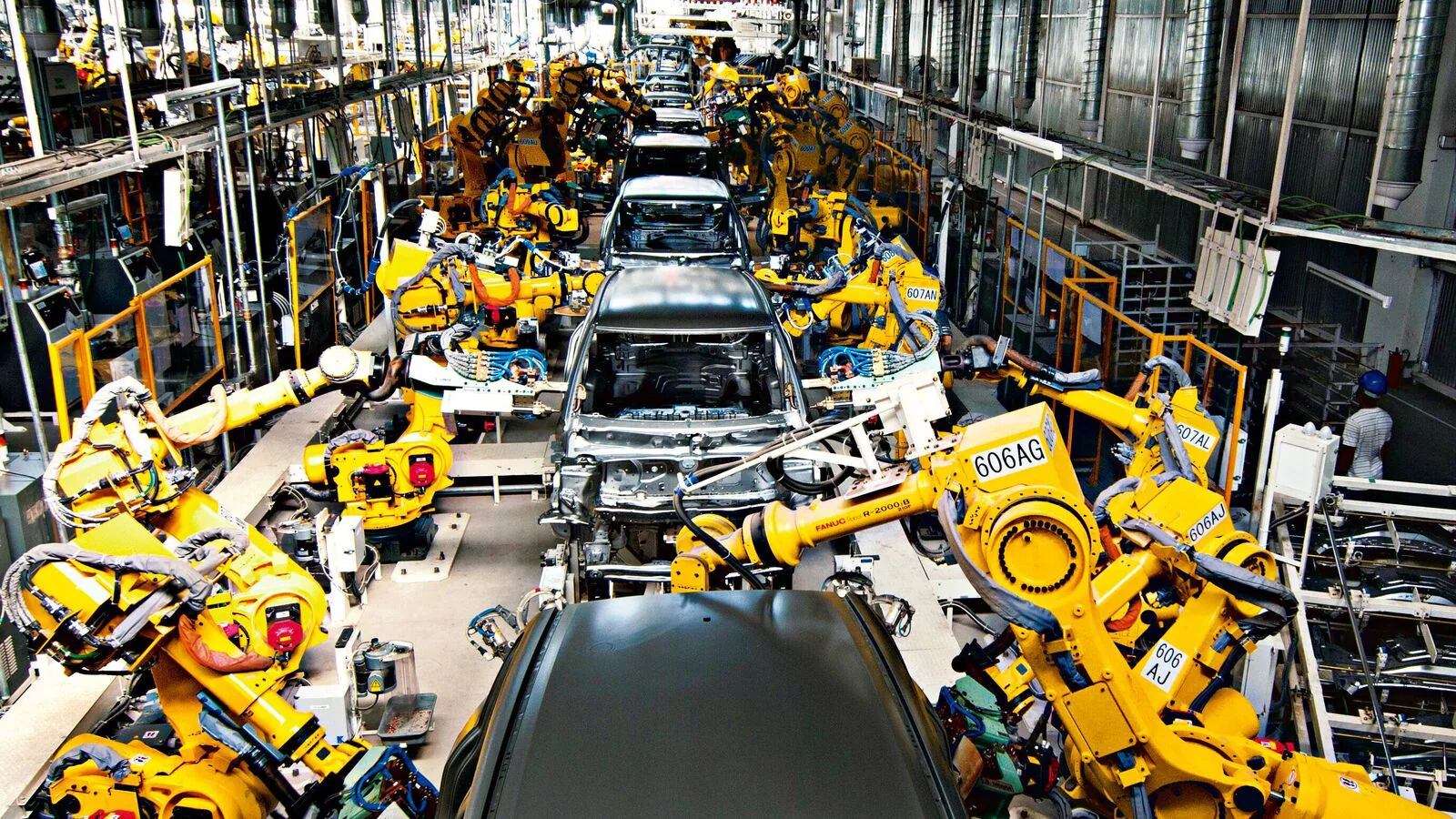
Key Considerations When Searching for Assembly Line Real Estate in www. 10hp.in
1. Assembly Line Facility for Sale
For businesses seeking long-term ownership, purchasing an assembly line facility is an ideal choice. These facilities are designed with dedicated production lines and include robust infrastructure to handle large-scale operations. Owning such a property ensures stability and control over modifications to meet your growing demands.
2. Manufacturing Facility for Lease
For companies focused on flexibility, leasing is often the preferred route. A manufacturing facility for lease allows businesses to expand or downsize operations without the long-term financial commitment of ownership. Leasing options often include pre-installed machinery or modular designs that enable swift adaptation to changing production requirements.
3. Assembly Plant for Rent
For startups and small-scale manufacturers, renting an assembly plant for rent provides the perfect entry point into the industry. These facilities often come equipped with the essentials needed to get production up and running quickly. Rental agreements typically offer shorter terms, providing flexibility for businesses still determining their long-term production needs.
Why Invest in a Turnkey Assembly Line Property?
The appeal of a turnkey assembly line property lies in its ready-to-use infrastructure. These properties come pre-equipped with everything from advanced conveyor systems to optimized workflows. This minimizes the time and costs associated with setting up operations, allowing businesses to begin production almost immediately.
Investors also find turnkey properties attractive due to their high rental demand among manufacturers. As the global economy continues to expand, businesses are seeking hassle-free options to enter new markets, making turnkey assembly properties a smart investment.
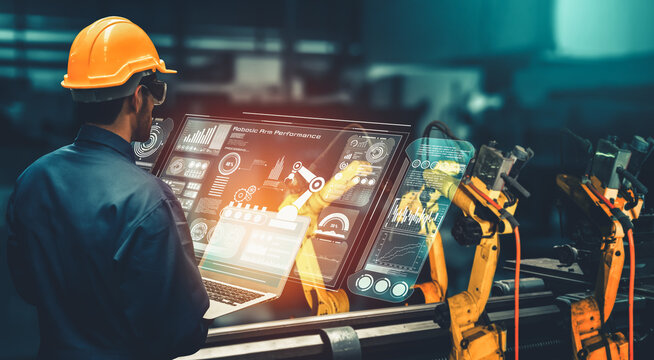
The Role of Heavy Manufacturing Real Estate
Heavy industries such as automotive and aerospace manufacturing require specialized facilities, also known as heavy manufacturing real estate. These properties are equipped with reinforced flooring, advanced HVAC systems, and access to high-capacity power grids. For companies in need of robust production environments, these facilities are non-negotiable.
Whether you’re producing large-scale machinery or operating complex assembly lines, heavy manufacturing real estate offers the structural durability and technological support required for seamless operations.
Key Locations for Assembly Line Facilities that you can find in 10hp
- Mumbai and Pune: Industrial Hubs of Maharashtra Mumbai, being the financial capital of India, also hosts a variety of assembly line facilities. The city’s strategic location near the sea port makes it a prime location for businesses involved in both import and export. Pune, located just a few hours away, has emerged as a key industrial city with a robust manufacturing base, particularly for the automotive and IT sectors.
- Bangalore: The Silicon Valley of IndiaBangalore is not only known for its booming tech industry but also for its growing industrial sector. Assembly line facilities here support a diverse range of industries, including electronics, biotechnology, and automotive manufacturing. Bangalore’s proximity to global suppliers and skilled labor makes it a favorable choice for businesses seeking efficiency and innovation.
- Chennai: The Gateway to South IndiaChennai, often referred to as the Detroit of India, has a longstanding reputation in the automobile and heavy manufacturing sectors. With excellent connectivity via sea and air routes, Chennai offers industrial buildings tailored to assembly lines for sectors such as automotive, aerospace, and electronics.
- Gujarat: The Industrial PowerhouseKnown for its forward-thinking infrastructure and business-friendly policies, Gujarat has emerged as one of the top locations for assembly line facilities. Cities like Ahmedabad, Surat, and Vadodara are home to large-scale industrial complexes that house assembly lines for textiles, chemicals, and engineering goods.
- Chotanagpur: Heart of India’s Industrial BeltThe Chotanagpur plateau, spanning across Bihar, Jharkhand, and West Bengal, is a significant industrial hub in India. The region is rich in natural resources like coal, iron ore, and steel, making it an ideal location for heavy manufacturing and assembly line operations.
- Visakhapatnam and Guntur: Emerging Industrial CitiesLocated in Andhra Pradesh, Visakhapatnam is a major port city with a robust industrial base in steel, oil refining, and shipbuilding. Guntur, on the other hand, is rapidly emerging as a logistics and manufacturing hub, with several assembly line facilities already operational to meet the demands of various industries.
- Gurgaon, Delhi, and Noida: The National Capital Region’s Industrial GrowthThe NCR region, including Gurgaon, Delhi, and Noida, is an industrial hotspot that offers a favorable environment for setting up assembly line facilities. With world-class infrastructure, access to skilled labor, and proximity to government offices, these cities attract both national and international investors. They are ideal for assembly lines across sectors like IT, electronics, and automobile manufacturing.
- Meerut: A Growing Industrial Hub in Uttar PradeshMeerut, once primarily known for its sports goods manufacturing, is evolving into an industrial powerhouse with a focus on textiles, machinery, and electronic assembly lines. The city’s proximity to Delhi and other key industrial regions makes it an attractive option for businesses looking to establish assembly line operations.
- Kollam and Thiruvananthapuram: Kerala’s Industrial LandscapeKerala, with its well-developed infrastructure and access to international shipping routes, is fast becoming a hotspot for assembly line facilities. Kollam and Thiruvananthapuram are leading the charge, offering customized warehouse and manufacturing facilities with the potential for rapid industrial growth.
Industries that uses assembly Line
- High-Capacity Assembly Line Building
- Fully Equipped Assembly Line Facility
- Property with Conveyor Belt Systems
- Assembly Line Facility with Loading Docks
- Manufacturing Facility with Office Space
- Industrial Building with Power Supply for Assembly
- Automotive Assemlbly line
- Electronics Assembly Line
- Consumer Goods Manufacturing
- Food and Beverage Assembly Line
- Pharmaceutical Assembly Line
- Textile and Apparel Assembly Line
- Aerospace Assembly Line
- Furniture Manufacturing
- Chemical and Petrochemical Assembly Line
- Packaging Assembly Line
- Construction Assembly Line
- Renewable Energy Assembly Line
- Metalworking and Machinery Manufacturing
Exploring the Future of Assembly Line Real Estate: A Sustainable Approach to High-Tech Manufacturing
In recent years, the demand for industrial real estate has surged, especially with the rise of automation, robotics, and large-scale production needs. The assembly line, a fundamental aspect of modern manufacturing, is becoming increasingly sophisticated with the integration of high-tech systems, sustainable design, and cutting-edge technology. Whether you’re an entrepreneur, investor, or manufacturer, understanding the dynamics of assembly line real estate is key to capitalizing on this evolving industry.
The Appeal of Sustainable Assembly Line Facilities
As industries evolve to meet environmental standards, sustainable practices have become a focal point in real estate development. A sustainable assembly line facility not only reduces operational costs but also aligns with modern environmental goals. These facilities are designed with energy efficiency, eco-friendly materials, and waste reduction techniques that are critical for long-term viability. Green certifications, such as LEED (Leadership in Energy and Environmental Design), are becoming highly desirable for businesses looking to operate sustainably and reduce their carbon footprint.
When evaluating sustainable facilities, consider their energy use, waste management systems, and water conservation practices. With the growing trend towards corporate responsibility and eco-conscious operations, owning or leasing a sustainable facility provides a competitive advantage in attracting top talent and customers who prioritize environmental stewardship.
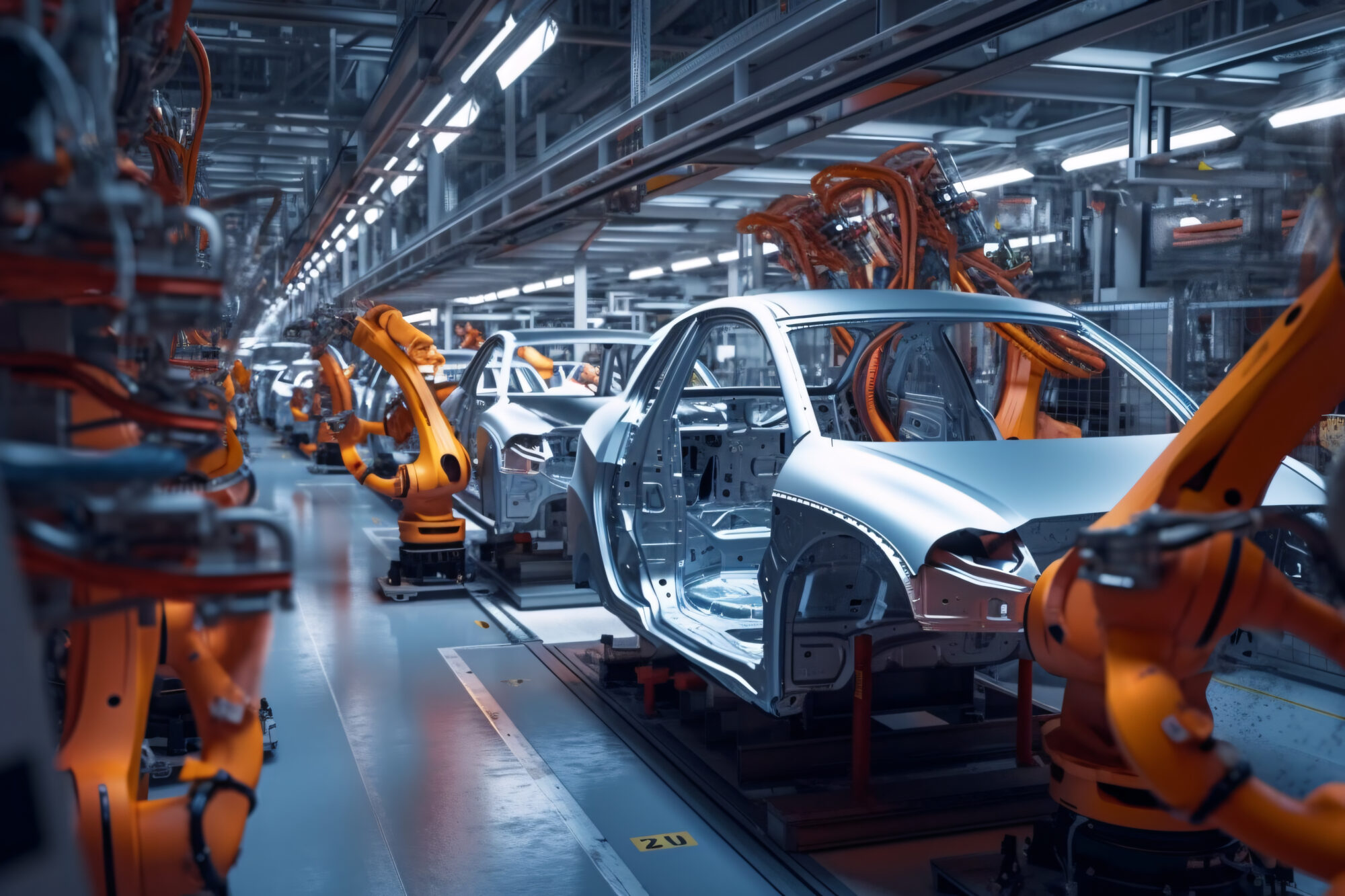
ISO-Certified Assembly Facility for Sale: A Smart Investment
If you’re looking to expand your manufacturing capabilities, ISO-certified assembly facilities for sale present an excellent opportunity. ISO certification ensures that a facility meets international quality standards for production, safety, and environmental management. These certified facilities offer a turnkey solution for manufacturers, providing them with an already compliant and optimized environment for mass production.
The importance of ISO certification cannot be overstated, as it guarantees that your operations will be efficient, standardized, and internationally recognized. Whether you’re venturing into new markets or looking to improve production quality, investing in an ISO-certified assembly line facility offers peace of mind and operational efficiency.
High-Tech Manufacturing Buildings: The Future of Production
The future of manufacturing hinges on technology, and high-tech manufacturing buildings are designed to meet these needs. These buildings integrate advanced machinery, automation systems, and digital connectivity, enabling manufacturers to keep pace with the demands of modern production.
These facilities come equipped with robotics, artificial intelligence, and smart production technologies. For example, a robotic assembly line can greatly improve production speed, accuracy, and reduce labor costs. High-tech facilities are designed to accommodate such technology, with features like reinforced floors for heavy machinery, enhanced power supply systems, and robust networking infrastructure.
Investing in a high-tech manufacturing building is a smart way to future-proof your business. Whether you’re in automotive, electronics, or consumer goods, staying ahead of technological trends allows your operation to maintain its competitive edge.
Medium-Sized Assembly Lines: Flexibility for Growing Manufacturers
For businesses in their growth phase, a medium-sized assembly line offers the perfect balance between flexibility and scalability. These facilities cater to manufacturers who need enough space to produce in volume but aren’t yet ready for the scale of a large industrial complex.
Medium-sized assembly lines allow businesses to experiment with new products and processes while maintaining efficient operations. They are typically less costly to run than large-scale facilities but still provide the capacity for mass production. They also allow for easier expansion as your production demands grow, making them a solid investment for manufacturers seeking to scale operations without committing to a massive infrastructure project.
Industrial Properties for Manufacturers: Tailored to Your Needs
Finding the right industrial property for manufacturers is crucial for any production business. Whether you’re looking to purchase, lease, or build, the ideal industrial property must meet your specific operational requirements. These properties come in various shapes and sizes, from sprawling facilities for large-scale production to smaller, specialized buildings for niche industries.
Some key factors to consider when selecting an industrial property include location, accessibility to transportation networks, zoning regulations, and available amenities. Additionally, properties designed specifically for mass production industries come equipped with specialized features like heavy-duty power supplies, high ceilings, and loading docks, ensuring smooth day-to-day operations.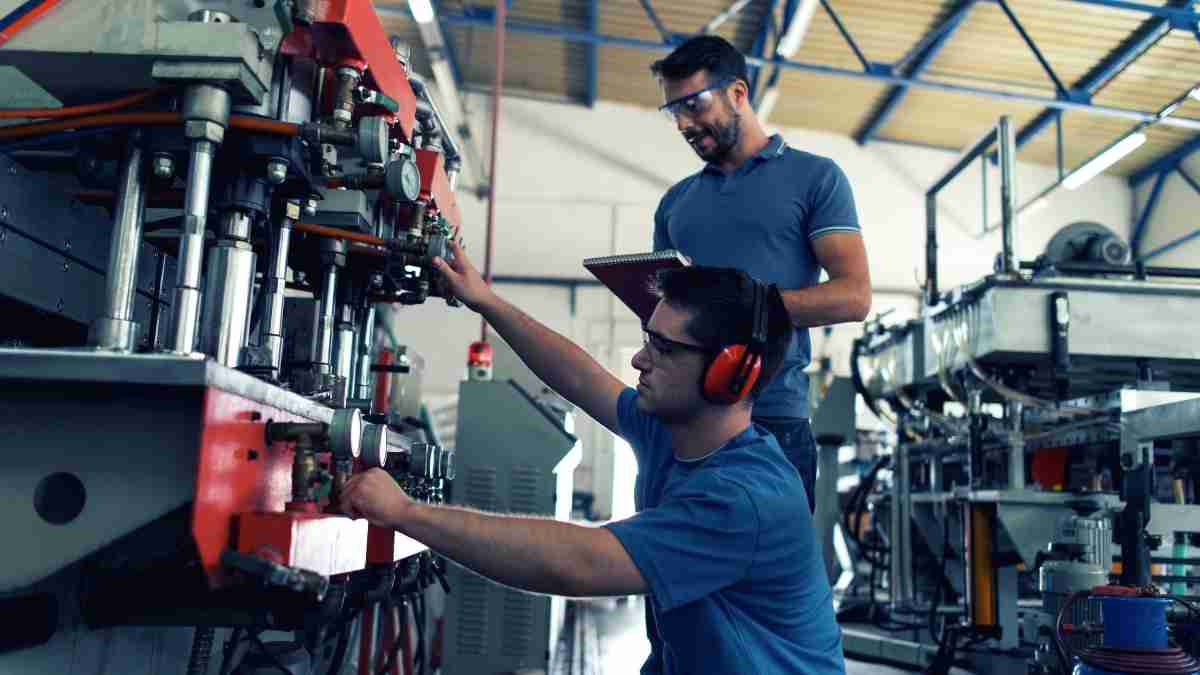
Assembly Facilities for Manufacturers: Meeting Diverse Industry Demands
Assembly facilities for manufacturers come in various configurations to support a wide range of production needs. From food processing plants to electronics assembly and automotive manufacturing, these facilities are tailored to the unique requirements of each industry. Some facilities focus on high-volume production, while others are designed for more specialized or smaller-scale runs.
The rise of modular and customizable assembly facilities allows manufacturers to create spaces that precisely match their operational goals. Whether you need room for robotic assembly or space to house traditional manual workstations, today’s assembly facilities can be easily tailored to accommodate the specific needs of your business.
Why Choose Assembly Line Real Estate for Your Manufacturing Operation?
The decision to invest in assembly line real estate is driven by several factors: the need for production capacity, proximity to suppliers and customers, and the flexibility to adapt to changing market demands. From high-tech robotic systems to sustainable designs, today’s assembly facilities are designed to maximize efficiency and minimize costs.
As industries continue to evolve, so too does the demand for cutting-edge, adaptable spaces that can support everything from small-batch production to mass manufacturing. Investing in the right real estate will help manufacturers meet the demands of the modern marketplace while ensuring long-term success in an increasingly competitive global economy.
Whether you’re searching for a sustainable assembly line facility, an ISO-certified assembly facility for sale, or a high-tech manufacturing building, it’s clear that the future of manufacturing lies in innovation, automation, and sustainability. By choosing the right industrial property for manufacturers and assembly facilities for manufacturers, you position your business for long-term success and growth in an ever-evolving industry landscape.
In conclusion, assembly line real estate is more than just a place to build; it’s an investment in the future of manufacturing. With the rise of robotic assembly lines and increased focus on sustainable design, choosing the right facility will ensure that your operations stay ahead of the curve while maximizing efficiency and productivity.

